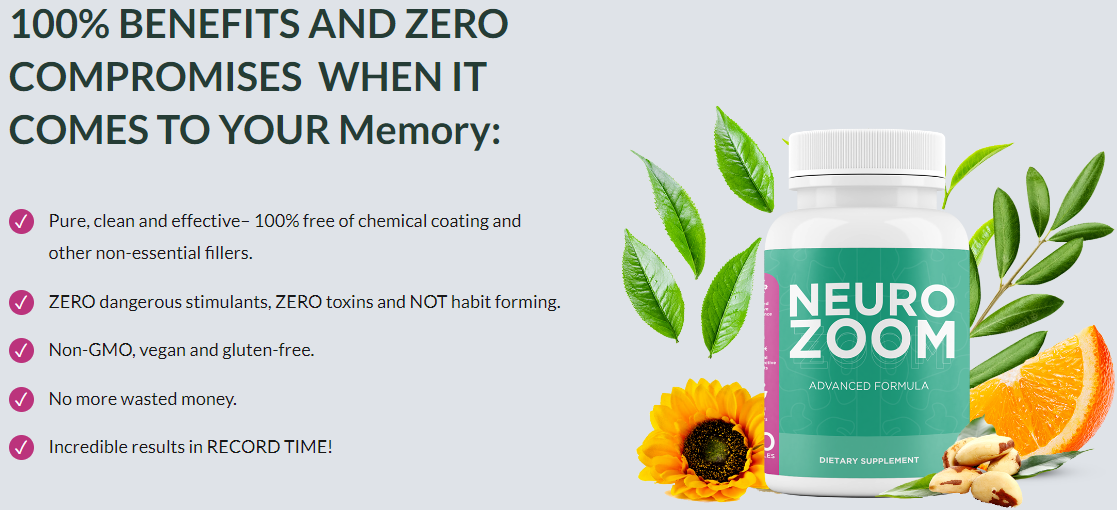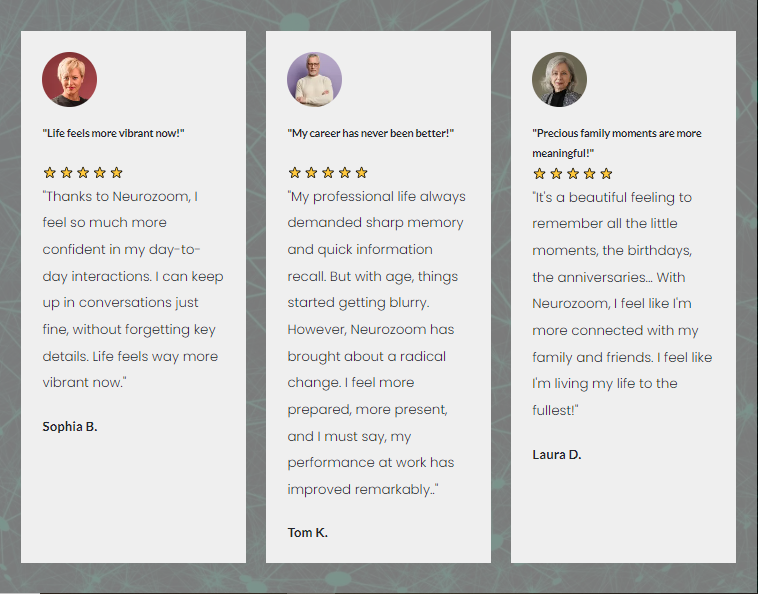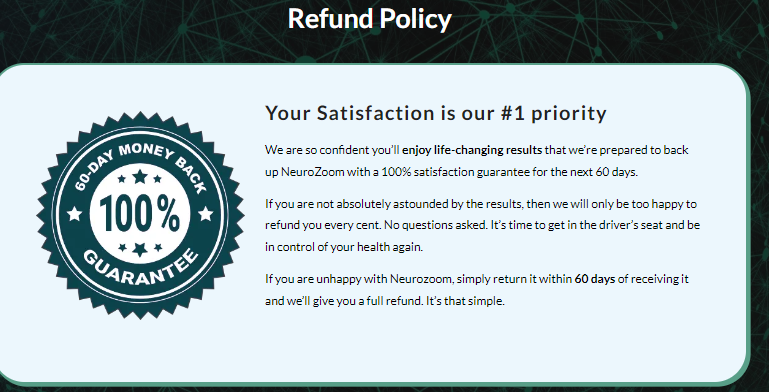Effective Stress Management Techniques to Reduce Anxiety and Boost Well-being
Understanding Stress and Its Effects on Mental Health
What is stress and how does it impact mental health?
Stress is a natural response to a perceived threat or pressure that can impact mental health and well-being.
Chronic stress can lead to anxiety, depression, and other mental health issues.
Stress can affect mental health by altering the body’s stress response and increasing stress hormones.
Physical symptoms of stress
Headaches, muscle tension, and pain are common physical symptoms of stress. Stress can also cause nausea, indigestion, and dizziness. Stress hormones can elevate blood pressure and heart rate, contributing to these symptoms. Physical symptoms of stress can be a sign of underlying mental health issues.
Behavioural and emotional effects of stress
Stress can cause feelings of anxiety, irritability, and low self-esteem.
Behavioural effects of stress include changes in appetite, sleep patterns, and social withdrawal.
Emotional effects of stress can lead to mood swings, emotional reactivity, and decreased motivation.
Identifying the Causes of Stress
Common stressors: relationships, work-life balance, and money
Relationships, work-life balance, and financial issues are common causes of stress.
Identifying the root cause of stress is essential for effective stress management.
Stress can be caused by a combination of factors, including work, relationships, and personal issues.
How to identify the causes of stress in your life
Keep a stress journal to track stressors and emotions.
Identify patterns and triggers of stress in your life.
Seek support from a mental health professional to identify underlying causes of stress.
Recognizing the Signs of Stress
Identifying the signs of stress and anxiety
Signs of stress and anxiety include rapid heartbeat, sweating, and trembling.
Stress can also cause digestive issues, headaches, and muscle tension.
Recognizing the signs of stress is essential for early intervention and stress management.
How stress affects daily life and relationships
Stress can impact daily life by affecting work, relationships, and overall well-being.
Stress can lead to social withdrawal, decreased motivation, and decreased productivity.
Stress can also affect relationships by causing irritability, mood swings, and emotional reactivity.
Effective Stress Management Techniques
Practice the 4 As of stress management
Avoid unnecessary stress
Learn to say “no” to non-essential tasks and commitments.
Set boundaries to protect time and energy.
Avoid people and situations that cause stress.
Alter the situation
Express feelings and concerns in a respectful way.
Be willing to compromise and find a middle ground.
Take charge of your life and make positive changes.
Adapt to the stressor
Reframe problems and view them from a positive perspective.
Take a step back and look at the big picture.
Adjust standards and expectations to reduce stress.
Accept the things you can’t change
Acceptance is difficult, but it’s easier than railing against a situation.
Don’t try to control the uncontrollable.
Look for the upside and opportunities for personal growth.
Strategies to Manage Stress
Healthy coping strategies to reduce stress
Exercise, meditation, and deep breathing can relieve stress and reduce anxiety.
Healthy coping strategies can improve mental and physical health.
Seek support from a mental health professional for personalized coping strategies.
Unhealthy ways of dealing with stress and how to replace them
Unhealthy coping strategies include smoking, drinking, and drug use.
Replace unhealthy coping strategies with healthy alternatives, such as exercise or meditation.
Seek help for addiction and stress management.
Healthy stress relievers: exercise, meditation, and laughter
Exercise can reduce stress and anxiety by releasing endorphins.
Meditation can reduce stress and improve mental clarity.
Laughter can reduce stress and improve mood.
Lifestyle Changes to Reduce Stress
Move more during your day to reduce stress
Regular exercise can reduce stress and improve mental health.
Incorporate physical activity into daily routine, such as walking or yoga.
Exercise can improve mood and reduce stress levels.
Learn to manage your time better to reduce stress
Poor time management can cause stress and anxiety.
Prioritize tasks and set realistic goals.
Break projects into smaller steps to reduce stress.
Maintain balance with a healthy lifestyle
Eat a healthy diet to support mental and physical health.
Get enough sleep to reduce stress and improve mood.
Engage in relaxation techniques, such as deep breathing or meditation.
Building a Support Network
Reach out and connect to people who make you feel good
Social support can reduce stress and improve mental health.
Connect with friends, family, or a support group.
Seek support from a mental health professional.
Seek counseling or therapy to manage stress
Counseling or therapy can provide a safe and supportive space to discuss stress and emotions.
A mental health professional can provide personalized coping strategies and stress management techniques.
Seeking help is a sign of strength, not weakness.
Self-Care for Stress Relief
Make time for fun and relaxation to reduce stress
Engage in activities that bring joy and relaxation.
Prioritize self-care and make time for relaxation.
Take breaks and practice self-compassion.
Get enough sleep to manage stress
Sleep is essential for mental and physical health.
Aim for 7-9 hours of sleep per night.
Establish a consistent sleep schedule and relaxing bedtime routine.
Keep a journal to track stress and emotions
Writing down thoughts and feelings can be a therapeutic way to manage stress.
Track stressors and emotions to identify patterns and triggers.
Reflect on experiences and emotions to gain insight and perspective.
Mindfulness and Meditation for Stress Relief
Deep breathing exercises to reduce stress
Deep breathing can reduce stress and anxiety.
Practice deep breathing exercises regularly.
Use deep breathing to calm the body’s stress response.
Mindfulness and meditation techniques to manage stress
Mindfulness and meditation can reduce stress and improve mental clarity.
Practice mindfulness and meditation regularly.
Use mindfulness and meditation to reduce stress and improve overall well-being.
Overcoming Unhealthy Habits
Avoid unhealthy habits: smoking, drinking, and drug use
Unhealthy habits can harm mental and physical health.
Avoid unhealthy habits and seek help for addiction.
Replace unhealthy habits with healthy alternatives, such as exercise or meditation.
Seek help for addiction and stress management
Addiction can exacerbate stress and mental health issues.
Seek help from a mental health professional or support group.
Address underlying issues and develop healthy coping strategies.
Conclusion
Effective stress management for a healthier life
Effective stress management is essential for mental and physical health.
Practice healthy coping strategies, such as exercise, meditation, and deep breathing.
Seek support from a mental health professional for personalized stress management techniques.
To Learn More about the product, Click Here!
health, fitness, weight loss, wellness, nutrition, workout, mental health, healthy lifestyle, motivation, inspiration, fitfam, blog, tips, advice, community
Disclaimer: This post contains affiliate links. This means I may earn a small commission if you purchase a product after clicking on one of my links. This does not affect the price you pay and helps support my blog. Thank you for your support!










.jpg)
